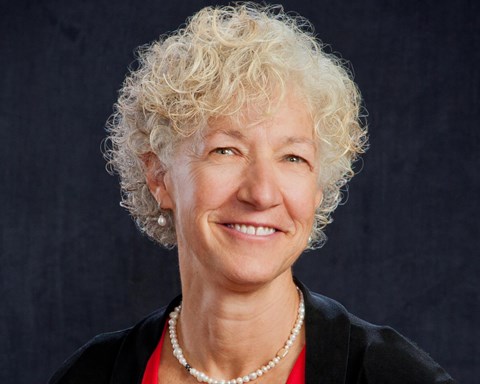Amanda Trosten-Bloom
MASTERS THESIS TITLE:
From Skepticism to Engagement: One Community’s Journey
Between 2013 and 2016, a state of the art community mental health and wellness facility was constructed in a racially charged and economically distressed Denver, CO-area neighborhood. Despite initial skepticism and resistance on the part of community members, the facility garnered strong local, regional and national support by the time that it opened. This research project explored what enabled a sampling of said community members to make that shift.
Social construction theory suggests that all research is implicitly biased. The author and her internal partners acknowledged their assumption and bias: that something good had taken place in the Dahlia community, in the months leading up to the campus’ opening. They sought to discover and create shared understanding around what had gone well, in a manner that would: enhance connections between members of the Dahlia team and key community partners; and inspire and inform those who might lead similar initiatives in the future – within and beyond Dahlia.
The approach they chose was an Appreciative Inquiry (AI)-based process in which ‘co-researchers’ (staff members) conducted one-on-one interviews with selected community members. Though based on a limited, contextually specific “data set,” their findings reinforced current academic theory which suggests that community-based participatory processes foster grassroots ownership and empowerment, particularly in the areas of health and welfare.
In the summer of 2017, citing co-researchers’ findings, the author nominated the Dahlia Campus for the International Association for Public Participation’s (IAP2’s) 2017 Core Values Award. In early September, Dahlia was awarded both IAP2’s “Respect for Diversity, Inclusion and Culture” and “Project of the Year” awards for North America. Six weeks later, the campus was again recognized in Melbourne, Australia as “Organization of the Year” for IAP2 International, citing the organization’s “holistic and encompassing approach to building relationships with community.” Today, IAP2 members – organization leaders, community members and consultants from around the world – know of, recognize and draw upon the Dahlia story for inspiration, insight and guidance on how to involve people in decisions that affect them.
This project and the recognition it has inspired suggests that AI-based research can celebrate and strengthen organizations and communities, even as it promotes shared understanding, knowledge sharing and belief in what might be.

